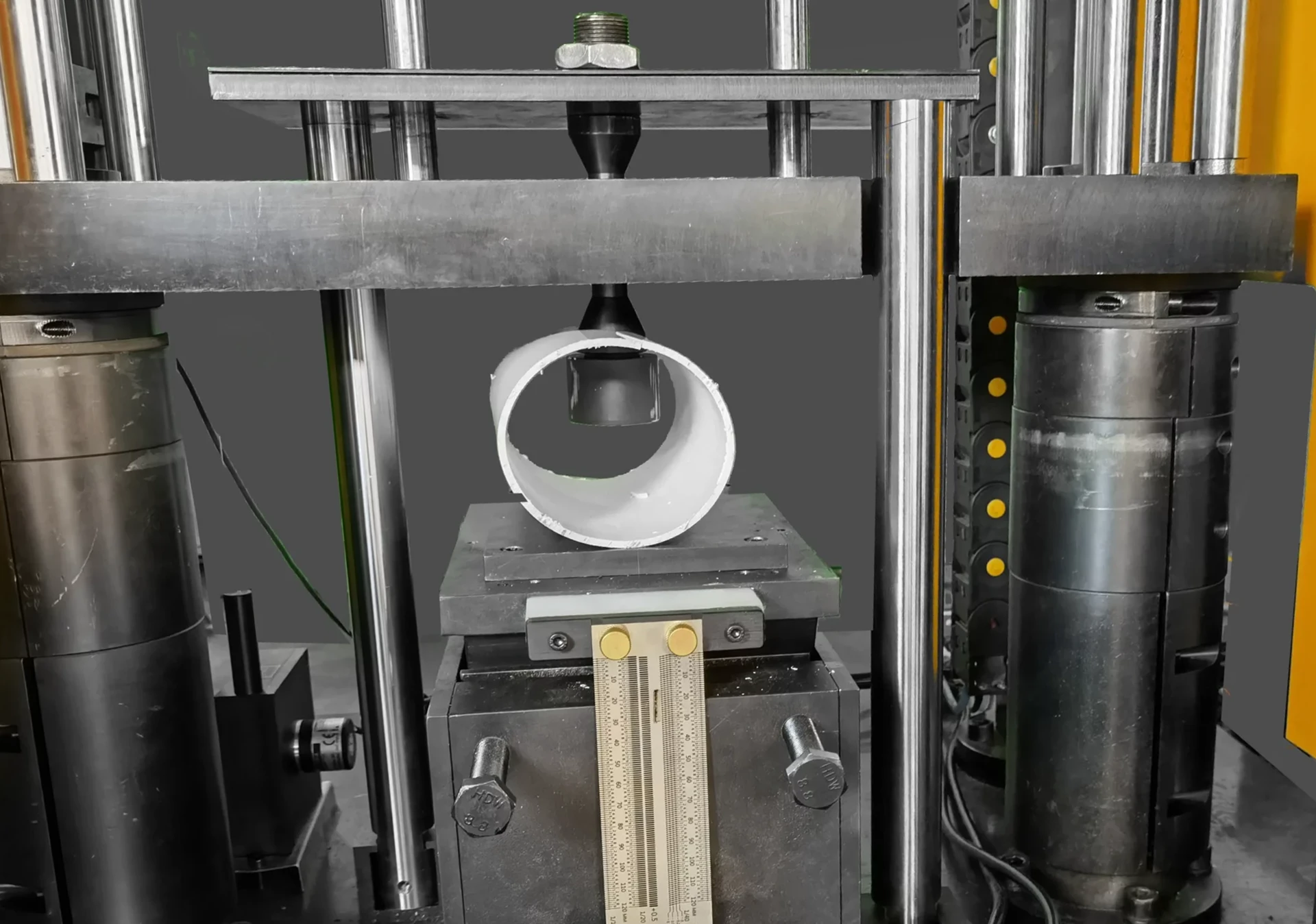ASTM D1596-12 Pendulum Impact Verification
The ASTM D1596-12 Pendulum Impact Test is a critical procedure used to evaluate the resistance of packaging materials and containers to impact forces. This test is particularly relevant for ensuring that packages can withstand potential hazards during transit, storage, or use. The pendulum, which swings with a specific energy level, impacts the specimen, creating an environment that simulates real-world conditions where packages might encounter sudden shocks.
The standard provides detailed procedures to ensure accurate and consistent testing results. Specimens are prepared according to ASTM D1596-12 guidelines, ensuring uniformity in test samples. The pendulum's energy level is carefully calibrated to the specified parameters for each material or container type. This ensures that the impact force applied during the test closely mimics real-world scenarios.
The test results are crucial for manufacturers and quality assurance teams as they provide insight into the durability of packaging materials under specific conditions. Compliance with this standard is often required in industries such as food, pharmaceuticals, and electronics, where product integrity must be maintained throughout the supply chain.
Understanding the impact resistance of packaging is vital for several reasons:
- To prevent damage to contents during transportation or storage
- To ensure compliance with regulatory standards
- To reduce waste and costs associated with damaged packages
- To enhance consumer confidence in product quality
ASTM D1596-12 is widely recognized as a reliable method for assessing the impact resistance of packaging. It offers clear criteria for specimen preparation, test setup, and interpretation of results. This ensures that all parties involved—manufacturers, suppliers, and regulatory bodies—are working towards consistent quality standards.
The pendulum impact test can be performed on various materials including cardboard, plastic films, corrugated containers, and composite structures. Each material type has specific requirements for specimen preparation, which are detailed in ASTM D1596-12. These specifications ensure that the test results accurately reflect the behavior of the packaging under real-world conditions.
The test setup involves a pendulum with a specified mass and length, swinging to impact the prepared specimen. The energy transfer during this impact is measured using calibrated instruments. The results are then compared against established criteria to determine whether the material meets the required standards for impact resistance.
Compliance with ASTM D1596-12 ensures that packaging materials can withstand the rigors of transportation and storage, protecting products from potential damage. This not only enhances product quality but also contributes to cost savings by reducing waste and improving supply chain efficiency.
Why It Matters
The ASTM D1596-12 Pendulum Impact Verification test is essential for ensuring the integrity of packaging materials. By simulating real-world impact conditions, this test helps manufacturers and quality assurance teams identify potential weaknesses in their packaging designs. This knowledge allows for improvements that can prevent costly damages during transit or storage.
Compliance with ASTM D1596-12 is not just a best practice; it's often a regulatory requirement. Many industries rely on this standard to ensure product safety and quality, which directly impacts consumer trust and satisfaction. In sectors like food and pharmaceuticals, where product integrity is paramount, the reliability of packaging can be a matter of public health.
The test results from ASTM D1596-12 provide valuable insights into how well materials perform under impact conditions. This information can guide R&D efforts to develop more robust packaging solutions that meet both industry standards and customer expectations. For procurement teams, the results help in selecting suppliers who adhere to these stringent quality benchmarks.
The importance of this test extends beyond just the manufacturing process. It plays a crucial role in ensuring consistent product quality throughout the supply chain. By identifying potential issues early on, companies can implement corrective measures that prevent costly delays and disruptions.
Why Choose This Test
- Comprehensive Impact Assessment: The ASTM D1596-12 test provides a thorough evaluation of packaging materials' resistance to impact forces, ensuring they can withstand real-world conditions.
- Regulatory Compliance: Many industries require compliance with this standard, making it essential for meeting regulatory requirements and ensuring product safety.
- Data Accuracy: The test employs calibrated instruments and standardized procedures, ensuring accurate and reliable data that can be trusted in decision-making processes.
- Cost-Effective Solutions: By identifying potential weaknesses early on, companies can implement cost-effective solutions to enhance packaging durability.
- Consumer Trust: Packaging that meets ASTM D1596-12 standards instills confidence in consumers, enhancing brand reputation and customer satisfaction.
- Supply Chain Efficiency: Ensuring consistent quality throughout the supply chain can prevent costly delays and disruptions, improving overall efficiency.
The Pendulum Impact Verification test is a cornerstone of packaging quality control. It offers manufacturers and quality assurance teams valuable insights into the performance of their products under impact conditions. By adhering to ASTM D1596-12, companies can ensure that their packaging materials meet both industry standards and customer expectations.
Quality and Reliability Assurance
The ASTM D1596-12 Pendulum Impact Verification test is a key component of quality and reliability assurance in the packaging industry. By simulating real-world impact conditions, this test helps manufacturers identify potential weaknesses in their packaging designs early on. This allows for timely implementation of corrective measures that enhance product durability.
Compliance with ASTM D1596-12 ensures that packaging materials can withstand the rigors of transportation and storage, protecting products from potential damage. This not only enhances product quality but also contributes to cost savings by reducing waste and improving supply chain efficiency. For industries like food and pharmaceuticals, where product integrity is crucial for public health, the reliability of packaging cannot be overstated.
The test results provide valuable insights into how well materials perform under impact conditions. This information can guide R&D efforts to develop more robust packaging solutions that meet both industry standards and customer expectations. For procurement teams, the results help in selecting suppliers who adhere to these stringent quality benchmarks.
By ensuring consistent product quality throughout the supply chain, companies can prevent costly delays and disruptions. The Pendulum Impact Verification test is a vital tool for maintaining high standards of packaging quality and reliability, thereby enhancing consumer trust and satisfaction.





